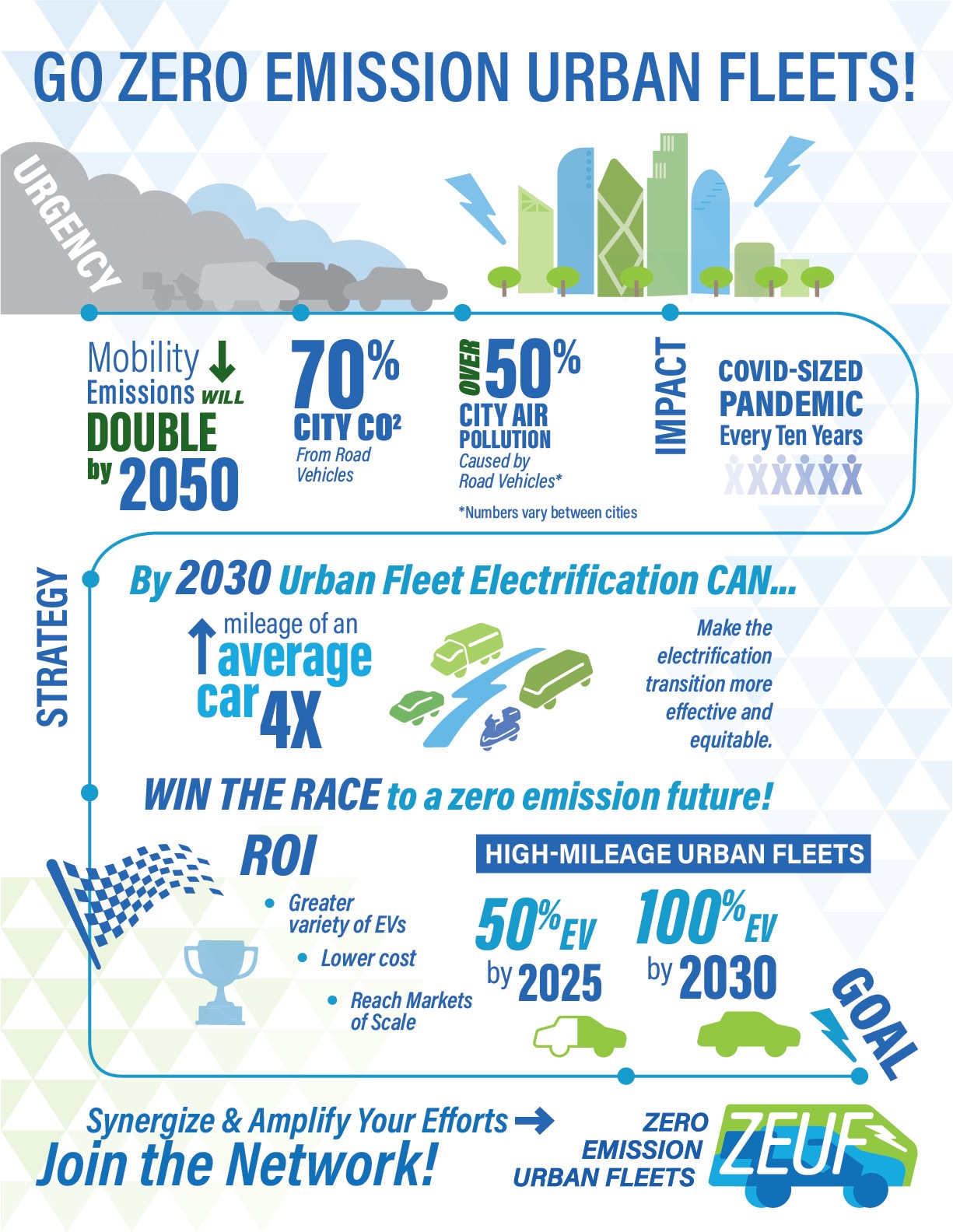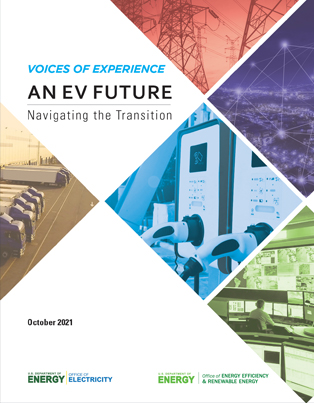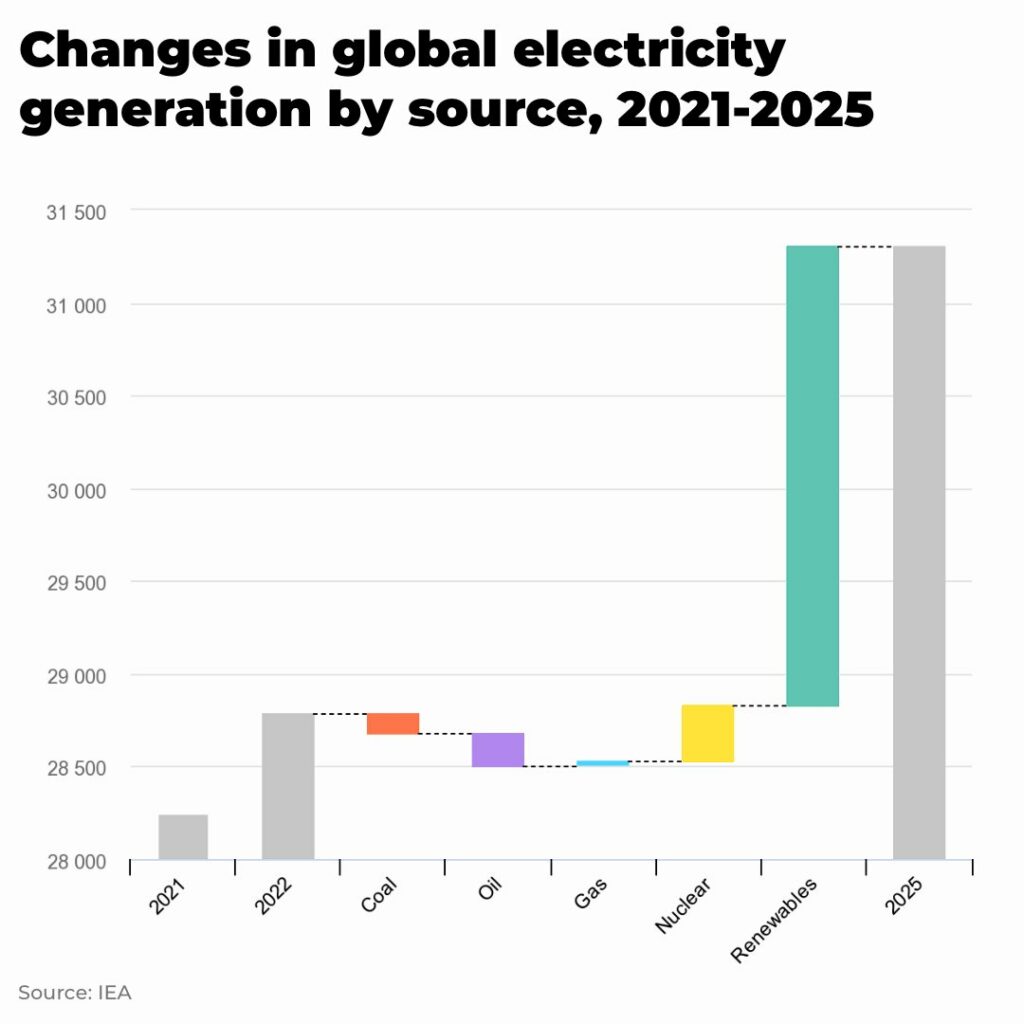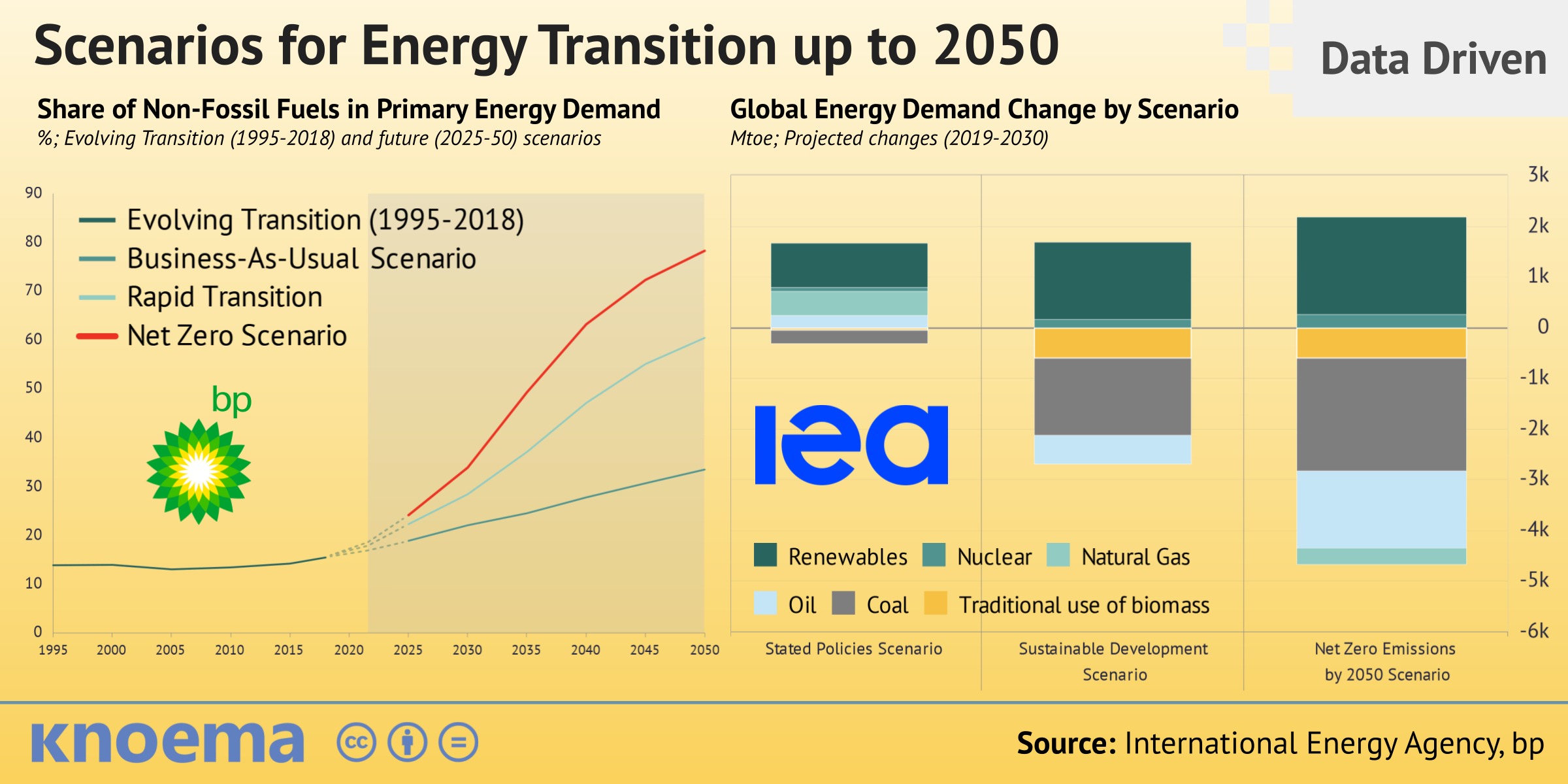The Electric Future: Navigating the 2025 Transition
The Electric Future: Navigating the 2025 Transition
Introduction
In this auspicious occasion, we are delighted to delve into the intriguing topic related to The Electric Future: Navigating the 2025 Transition. Let’s weave interesting information and offer fresh perspectives to the readers.
Table of Content

The Electric Future: Navigating the 2025 Transition
The global automotive landscape is undergoing a dramatic transformation, with electric vehicles (EVs) rapidly gaining traction. This shift is driven by a confluence of factors: environmental concerns, technological advancements, and government policies aimed at reducing carbon emissions. A key element in this transition is the emergence of mandates that aim to accelerate the adoption of EVs. One such mandate, with a significant impact on the automotive industry, is the 2025 target for a substantial increase in electric vehicle sales.
Understanding the Mandate:
The 2025 mandate, while not a singular global policy, represents a growing trend across various regions and countries. It signifies a commitment to achieving specific targets for EV sales within a defined timeframe. This mandate takes different forms, ranging from outright bans on the sale of new gasoline-powered vehicles to ambitious sales quotas for electric vehicles.
The Driving Forces Behind the Mandate:
The rationale behind these mandates is rooted in a multifaceted approach to addressing critical environmental challenges.
- Combating Climate Change: The burning of fossil fuels, primarily gasoline and diesel, is a major contributor to greenhouse gas emissions, which are a leading cause of climate change. Transitioning to EVs, powered by electricity generated from renewable sources, offers a significant pathway to reducing carbon emissions.
- Improving Air Quality: Internal combustion engines emit harmful pollutants into the air, contributing to respiratory illnesses and air pollution. EVs, with their zero-tailpipe emissions, offer a cleaner alternative, improving air quality and public health.
- Energy Independence: The reliance on fossil fuels often leads to dependence on foreign oil producers, making energy security a geopolitical concern. EVs, powered by electricity generated domestically, can enhance energy independence and reduce vulnerability to global energy market fluctuations.
- Economic Growth: The shift to EVs presents a significant opportunity for economic growth. The development and production of EVs, charging infrastructure, and related technologies create new industries and jobs, stimulating innovation and economic prosperity.
Impact of the Mandate:
The 2025 mandate is expected to have a profound impact on the automotive industry, influencing various aspects:
- Accelerated EV Development: The mandate creates a strong incentive for automakers to invest heavily in research and development, leading to advancements in battery technology, charging infrastructure, and overall vehicle performance.
- Expansion of EV Production: Automakers are compelled to ramp up EV production to meet the mandated sales targets, leading to increased manufacturing capacity and job creation in the EV sector.
- Increased Availability and Affordability: As demand for EVs rises, competition among manufacturers is likely to intensify, driving down prices and making EVs more accessible to a wider range of consumers.
- Transformation of the Automotive Ecosystem: The mandate fosters the development of a comprehensive ecosystem for EVs, including charging stations, battery recycling facilities, and supporting infrastructure, creating a more robust and sustainable transportation system.
Challenges and Considerations:
While the 2025 mandate presents a promising opportunity, it also poses challenges that need to be addressed:
- Infrastructure Development: A robust charging infrastructure is crucial for widespread EV adoption. Governments and private sector players need to invest heavily in building charging stations and ensuring their accessibility and reliability.
- Battery Technology and Cost: Battery technology needs to continue improving to enhance range, reduce cost, and address concerns about battery life and recycling.
- Consumer Awareness and Education: Efforts are needed to educate consumers about the benefits of EVs, address range anxiety, and dispel misconceptions surrounding EV technology.
- Job Transition: The shift from traditional internal combustion engines to EVs may lead to job displacement in the automotive sector. Governments need to implement policies that support workers and facilitate a smooth transition to new roles in the EV industry.
Frequently Asked Questions (FAQs) about the 2025 Electric Car Mandate:
1. What are the specific goals of the 2025 mandate?
The specific goals of the 2025 mandate vary depending on the region or country. Some mandates aim to achieve a certain percentage of EV sales compared to total vehicle sales, while others focus on setting specific minimum sales targets for electric vehicles.
2. What countries or regions have implemented 2025 EV mandates?
Several countries and regions have implemented or announced plans for EV mandates, including:
- Europe: The European Union has set ambitious targets for EV sales, aiming to achieve a significant reduction in CO2 emissions from vehicles.
- China: China, the world’s largest automotive market, has introduced policies to promote EV adoption and has set targets for EV sales.
- California: The state of California has been a pioneer in promoting EVs and has set aggressive targets for EV sales.
- Norway: Norway has implemented a policy of phasing out gasoline-powered vehicles, making it a leading country in EV adoption.
3. What are the potential benefits of the 2025 mandate?
The 2025 mandate is expected to bring several benefits, including:
- Reduced carbon emissions: EVs significantly reduce greenhouse gas emissions, contributing to the fight against climate change.
- Improved air quality: EVs emit zero tailpipe emissions, improving air quality and public health.
- Energy independence: EVs powered by electricity generated domestically enhance energy independence and reduce reliance on foreign oil.
- Economic growth: The EV industry creates new jobs and stimulates innovation, driving economic growth.
4. What are the challenges associated with the 2025 mandate?
The 2025 mandate presents challenges, including:
- Infrastructure development: Building a robust charging infrastructure is crucial for widespread EV adoption.
- Battery technology and cost: Battery technology needs to continue improving to enhance range, reduce cost, and address concerns about battery life and recycling.
- Consumer awareness and education: Efforts are needed to educate consumers about the benefits of EVs and address concerns about range anxiety.
- Job transition: The shift from traditional internal combustion engines to EVs may lead to job displacement. Governments need to implement policies that support workers.
Tips for Consumers:
- Research EV options: Explore different EV models, their features, range, and pricing.
- Consider charging infrastructure: Assess the availability of charging stations in your area and your home charging options.
- Explore government incentives: Many governments offer incentives for EV purchases, such as tax credits or rebates.
- Stay informed about advancements: Keep abreast of the latest developments in EV technology and battery range.
Conclusion:
The 2025 electric car mandate marks a significant turning point in the automotive industry, driving a rapid transition towards a cleaner and more sustainable future. While challenges remain, the potential benefits of this transition are undeniable. As governments, automakers, and consumers work together to overcome these challenges, the electric car revolution will continue to gain momentum, shaping the future of transportation and contributing to a more sustainable planet.







Closure
Thus, we hope this article has provided valuable insights into The Electric Future: Navigating the 2025 Transition. We thank you for taking the time to read this article. See you in our next article!
